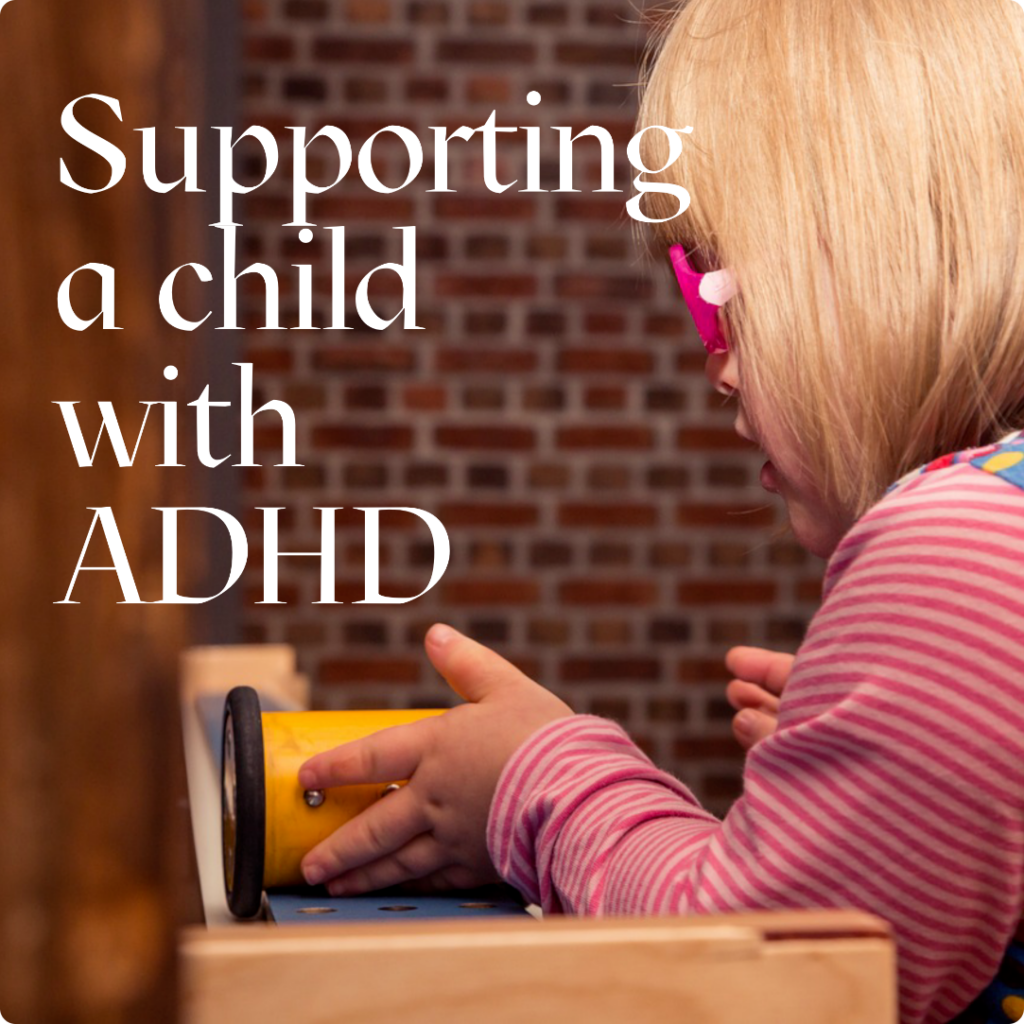Being a foster parent comes with its own set of challenges and rewards, and supporting a child with ADHD can add an extra layer of complexity. Children with ADHD may require additional understanding, patience, and support to thrive in a new environment. Here are some practical tips for foster parents to support their children with ADHD:
1. Educate Yourself: Take the time to learn about ADHD, its symptoms, and how it may manifest in children. Understanding the condition can help you respond with empathy and provide appropriate support.
2. Establish Routine and Structure: Children with ADHD often benefit from a structured routine. Create a predictable schedule for meals, bedtime, and homework to help them feel more organized and secure.
3. Set Clear Expectations: Clearly communicate expectations and rules to the child. Use visual aids or charts to help them understand and remember tasks and responsibilities.
4. Break Tasks into Manageable Steps: Children with ADHD may struggle with completing tasks that require sustained attention. Break down tasks into smaller, manageable steps and provide positive reinforcement as they progress.
5. Provide Positive Reinforcement: Celebrate small victories and positive behaviors. Praise the child for their efforts and accomplishments to boost their self-esteem and motivation.
6. Create a Calm Environment: Minimize distractions and create a calm, structured environment at home. Designate a quiet study area for homework and limit screen time to help the child focus better.
7. Collaborate with Professionals: Work closely with teachers, counselors, and healthcare providers to create a support network for the child. Share information about the child’s needs and progress to ensure consistent care and interventions.
Remember, fostering a child with ADHD requires patience, understanding, and a willingness to adapt. By implementing these practical tips and offering consistent love and support, foster parents can make a positive impact on the lives of children with ADHD.


